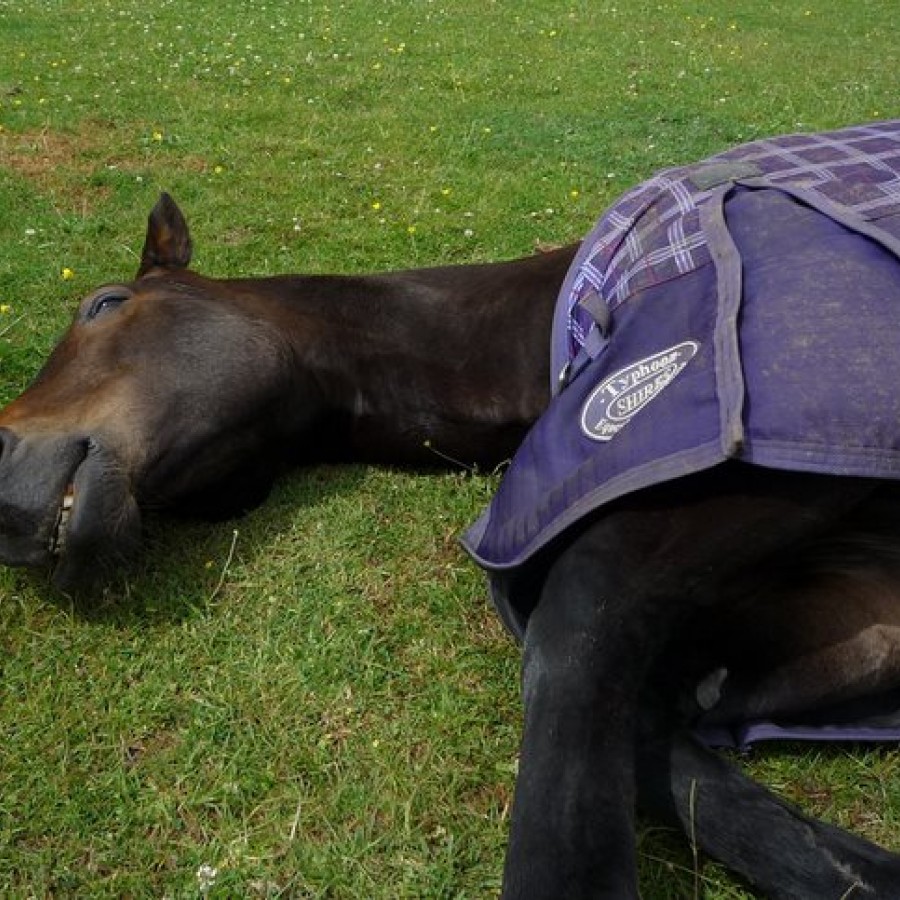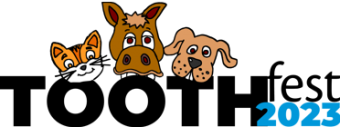

Today's "state of the art" equine dentistry requires sedation to safely and effectively perform the in-depth, complete examination of the teeth and oral cavity and the treatments necessary for maximum health, performance and longevity.
Most leaders in the field agree that it is not possible to perform a thorough examination and correction without substantial sedation. Whilst the procedures are usually not painful, they can cause many horses to become apprehensive. Modern sedatives are relatively safe and allow the horse to relax so that the work can be done effectively and without stress to the horse.
Equine dentists are still not legally allowed to administer anaesthetics or sedatives (see our page on Legislation). Even though these drugs are much safer these days, they are not without potential adverse reactions. Veterinarians, however, are fully trained in the use of these drugs and can rapidly diagnose and treat adverse outcomes. This is why only veterinarians are legally permitted to administer anaesthetics or sedatives. An untrained individual administering sedation has no recourse or resource to fall back on in the event of a drug reaction.
If a horse is insured and an equine dentist sedates the horse while performing a treatment, the insurance company will decline coverage in the event of an accident to the horse or to those handling it.
Veterinary dentistry, just like human dentistry, has become an area of medicine requiring specialised education, equipment and abilities and the bar is continually being raised. Modern equine dentistry cannot be performed without adequate sedation, a full mouth speculum, a dental pick, a dental mirror, and a good light source to fully assess the mouth.

